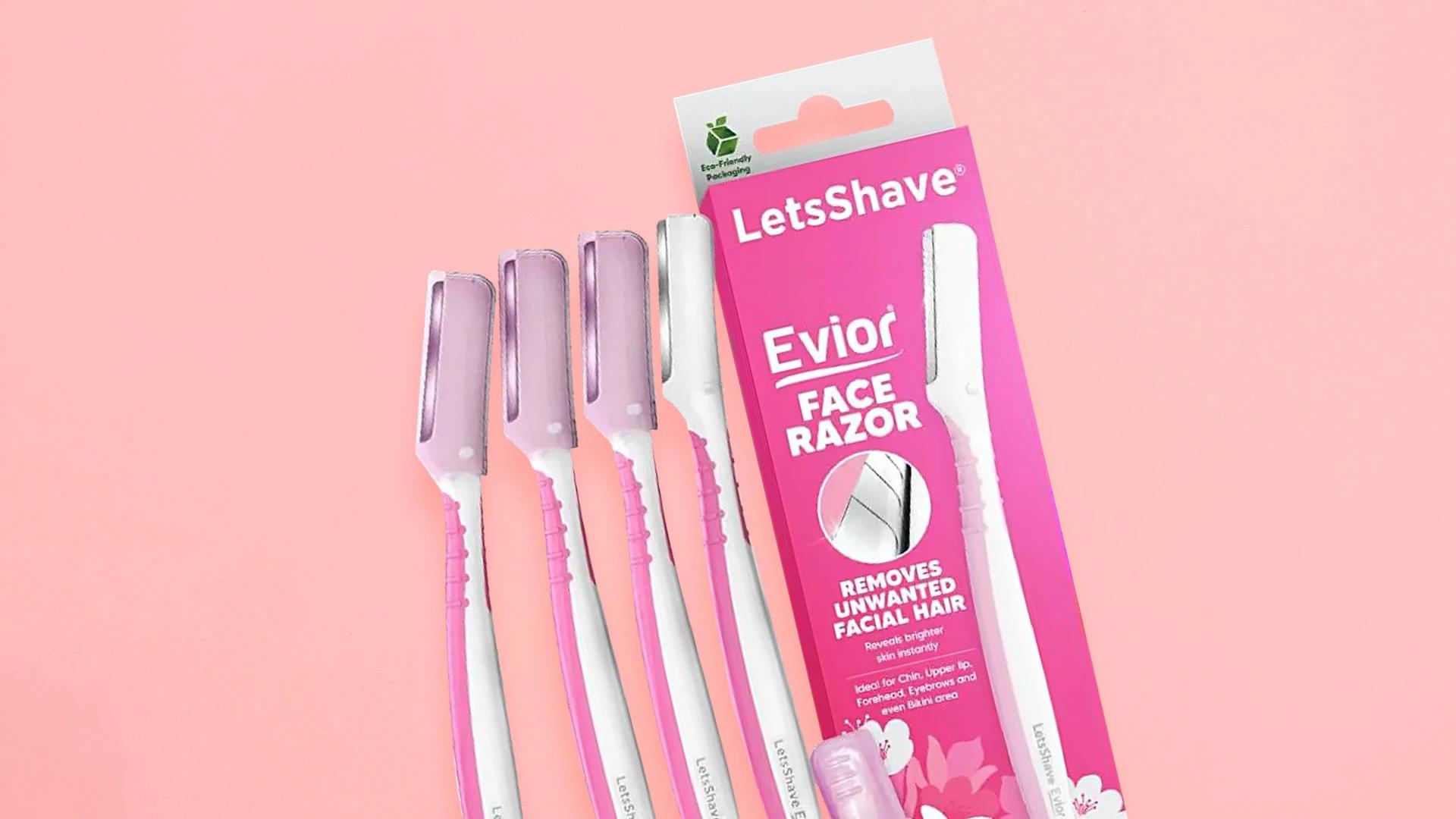Let's be real—dealing with unwanted facial hair can feel like a proper nightmare. Whether it's those pesky upper lip hairs or chin fuzz that seems to appear overnight, you're not alone in wanting to find natural ways to manage this. From hormonal changes to genetics, facial hair growth affects loads of women, and whilst there's nothing wrong with having it, wanting to reduce it naturally is totally valid. The good news? There are gentle, natural methods that might help slow down growth without harsh chemicals or expensive treatments. Here are seven tried-and-tested approaches that could become your new go-to solutions.
Understanding Facial Hair Growth
Before diving into natural facial hair reduction methods, it helps to understand why excessive facial hair happens in the first place. Most cases stem from hormonal imbalances, particularly elevated androgen levels that can trigger increased hair growth in areas where you'd rather not have it.
Conditions like PCOS (Polycystic Ovary Syndrome) are major contributors to this issue, affecting roughly one in ten women of childbearing age. PCOS facial hair management often requires a multi-pronged approach that addresses the root hormonal causes. Other factors include genetics, certain medications, and natural ageing processes that shift hormone levels. The key thing to remember is that sudden changes in facial hair growth patterns might signal underlying health conditions worth discussing with your GP.
Natural Methods to Reduce Facial Hair Growth
Now for the good stuff—natural approaches that might help slow down unwanted hair growth. These methods work best when used consistently over time, so patience is your friend here. Most focus on addressing hormonal balance for hair growth rather than just removing existing hair.
Dietary Changes for Hormonal Balance
What you eat genuinely impacts your hormone levels, and the diet impact on facial hair is more significant than you might think. Foods rich in **omega-3 fatty acids** like salmon, walnuts, and flaxseeds can help reduce inflammation and balance hormones. Spearmint tea deserves a special mention here—studies suggest it might help lower androgen levels when consumed regularly.
Foods to focus on include leafy greens, berries, and anything high in antioxidants. Try to limit refined sugars and processed foods, which can spike insulin levels and potentially worsen hormonal imbalances.


 200ml
200ml Combo
Combo Combo
Combo 100 gm
100 gm